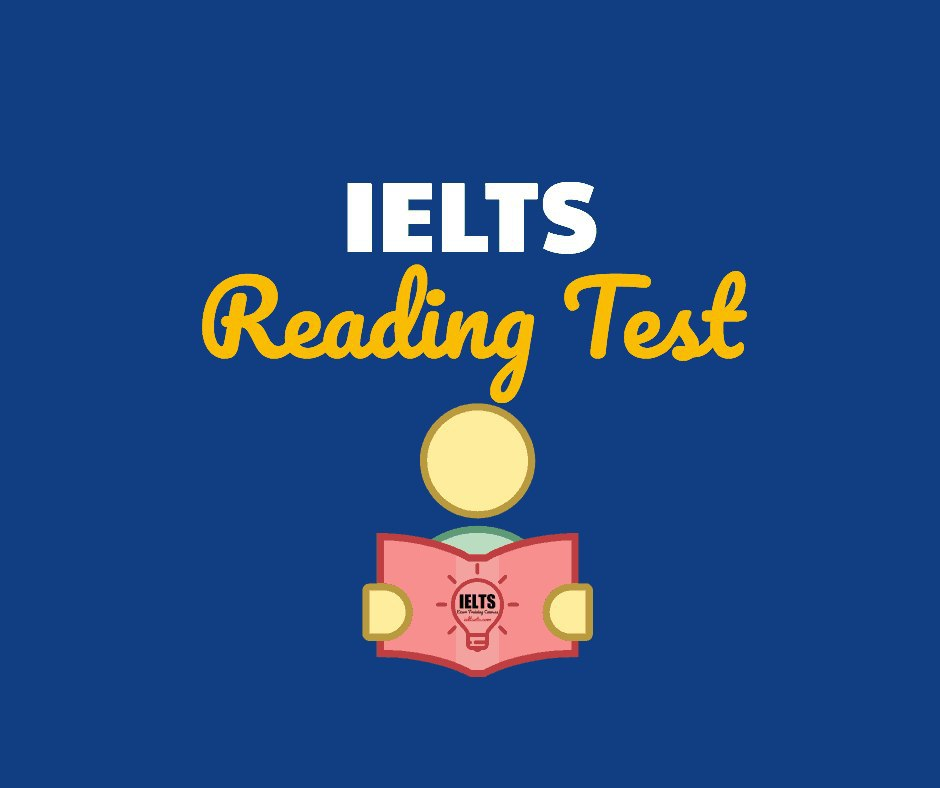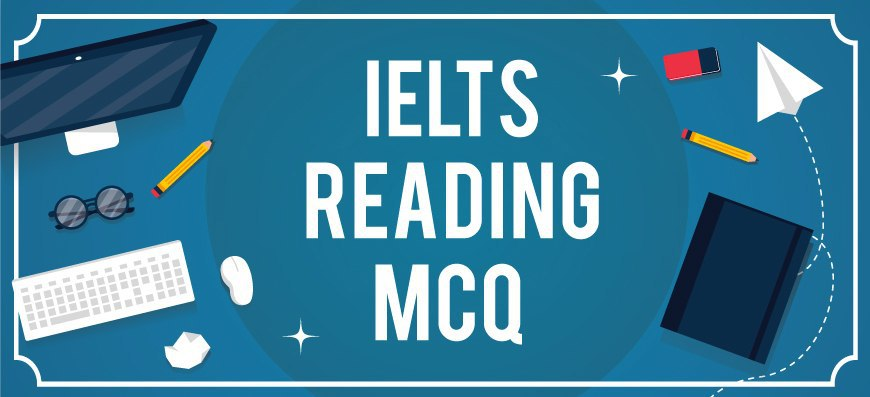IELTS Speaking - Part 3 Simple Strategy

To score highly in Part 3 of the Speaking exam, you will need to provide well-developed, thoughtful answers. A good strategy for achieving this is to get in the mind of an 6-year old child and always be asking the question: why?
IELTS SPEAKING – PART 3 OVERVIEW & TIPS

After your 2 minute monologue in Part 2 of the Speaking test, the examiner will ask you around 4-5 more abstract questions about the same general topic you talked about in Part 2. For example, if Part 2 was about mobile phones, they might ask you deeper, more complex questions about mobiles like:
IELTS SPEAKING – PART 2 STRATEGY

This post will help you give better answers in part 2 of the IELTS speaking test.
SPEAKING PART 2 – OVERVIEW & TIPS

Many consider Speaking Part 2 to be the most difficult part of the IELTS Speaking test because it is a monologue. A monologue is different from the rest of the test because you will be speaking alone, without any questions or help from the examiner.
SPEAKING PART 1 – EXTENDING ANSWERS

This article will look at how long your answers should be in Part 1 of the Speaking test and some simple ways to make your answers better.
IELTS SPEAKING PART 1 – DOS & DONTS

Speaking Part 1 lasts between 4-5 minutes and you will be asked questions about familiar topics, such as:
IELTS READING – DIAGRAM LABELING

On the IELTS reading test, you might get a question that asks you to label a diagram. This post will:
IELTS READING – MATCHING SENTENCE ENDING

In this IELTS reading question, you will be given a list of incomplete sentences with no endings and another list with possible endings. Your job is to match the incomplete sentences with the correct ending based on the reading text.
IELTS READING 6 – MULTIPLE CHOICES

This article will help you answer multiple-choice questions more effectively.
IELTS READING – MATCHING INFORMATION TO PARAGRAPHS

In this kind of question, you are asked to match statements to paragraphs in the reading text. Click here for an example.